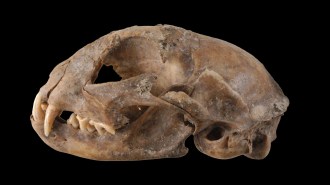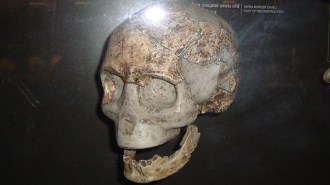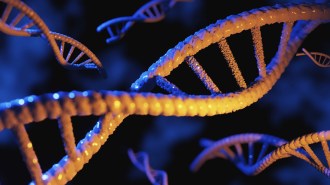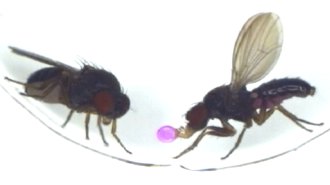U.K. first to approve gene editing of human embryos for research
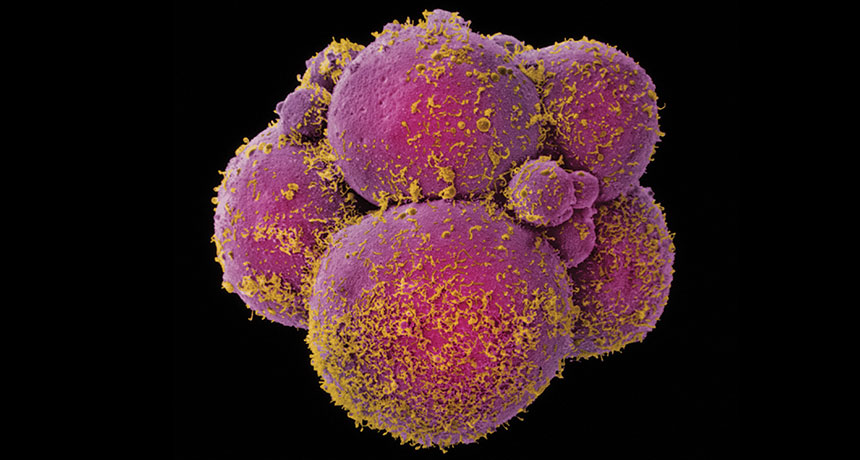
A research study involving gene editing on early human embryos (8-cell embryo about three days post-fertilization shown) has been given the go-ahead in England.
Dr. Yorgos Nikas/Science Source
